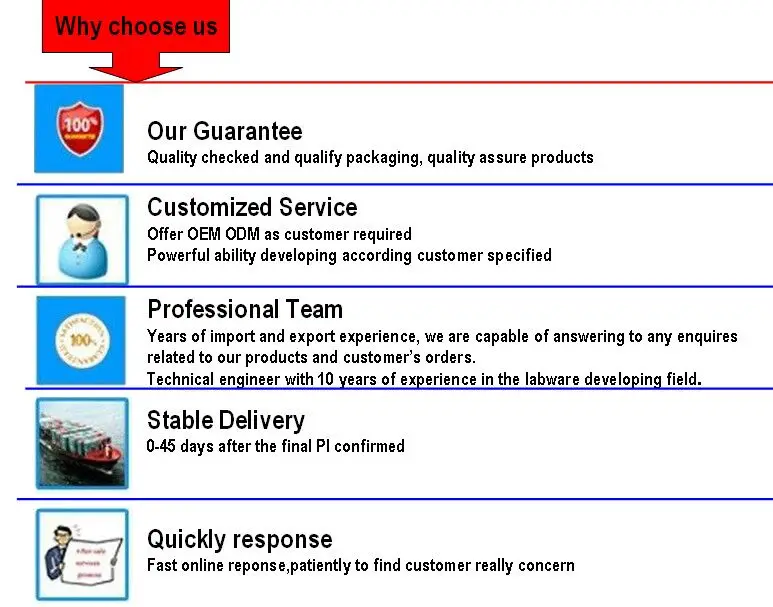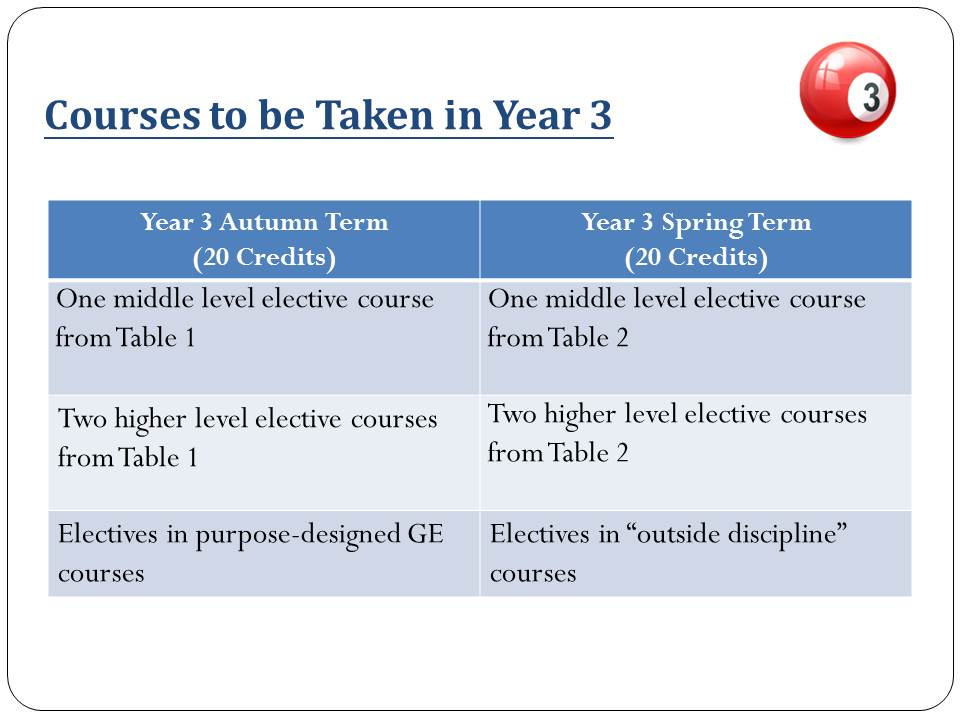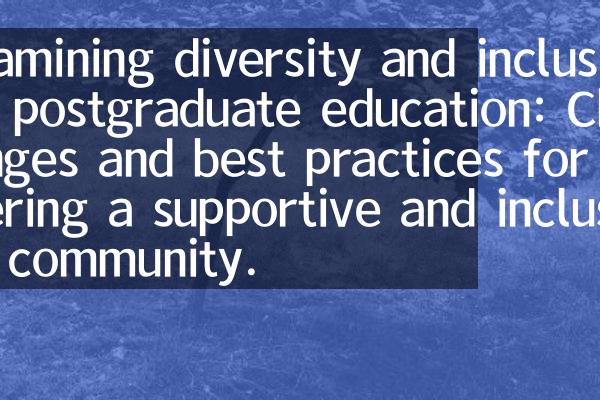Understanding Can Felons Get Student Loans: A Comprehensive Guide for Prospective Students
Guide or Summary:Introduction to Student Loans for FelonsUnderstanding Federal Student LoansState-Specific RegulationsPrivate Student Loans as an Alternativ……
Guide or Summary:
- Introduction to Student Loans for Felons
- Understanding Federal Student Loans
- State-Specific Regulations
- Private Student Loans as an Alternative
- Scholarships and Grants for Felons
- Conclusion: Moving Forward with Education
**Translation of "can felons get student loans":** Can felons get student loans?
---

Introduction to Student Loans for Felons
Navigating the world of education can be challenging, especially for individuals with a felony record. One of the most pressing questions that arise is, **can felons get student loans?** This topic is crucial for many who wish to pursue higher education but feel that their past may hinder their opportunities. In this guide, we will explore the options available for felons seeking student loans, the eligibility criteria, and alternative funding sources.
Understanding Federal Student Loans
Federal student loans are often the first choice for many students due to their favorable terms and repayment options. However, the eligibility for these loans can be complex for individuals with felony convictions. Generally, felons are not automatically disqualified from receiving federal student aid. The key factors that determine eligibility include the nature of the felony conviction and whether the individual is currently incarcerated.
One significant aspect to consider is that certain drug-related convictions may impact eligibility for federal aid. Specifically, if a student has a drug conviction while receiving federal student aid, they may lose eligibility for a period, depending on the circumstances. However, this does not mean that all felons are barred from receiving aid. It is essential for individuals to complete the Free Application for Federal Student Aid (FAFSA) to determine their eligibility.

State-Specific Regulations
In addition to federal guidelines, individual states may have their own regulations regarding student loans for felons. Some states may impose additional restrictions or have specific programs aimed at helping felons reintegrate into society through education. It's crucial for prospective students to research their state's policies and available resources. Many states offer rehabilitation programs that can assist felons in accessing education, including financial aid.
Private Student Loans as an Alternative
If federal student loans are not an option, felons can explore private student loans. These loans are offered by banks, credit unions, and other financial institutions. However, obtaining a private loan can be more challenging for individuals with a felony record, as lenders often perform background checks and may have stricter criteria. It's advisable for felons to shop around and compare different lenders to find the best terms and conditions.
Scholarships and Grants for Felons
Another viable option for felons seeking to finance their education is through scholarships and grants. Many organizations and foundations offer scholarships specifically designed for individuals with criminal records. These funds do not need to be repaid and can significantly reduce the financial burden of education. Prospective students should actively search for these opportunities and apply as early as possible.

Conclusion: Moving Forward with Education
In summary, the question of **can felons get student loans?** is met with a nuanced answer. While there are challenges, there are also a variety of options available for individuals with felony convictions who wish to pursue higher education. By understanding federal and state regulations, exploring private loan options, and seeking scholarships and grants, felons can find a path to education and a brighter future. Education can be a powerful tool for reintegration into society, and it is essential for individuals to remain hopeful and proactive in their pursuit of knowledge and personal growth.